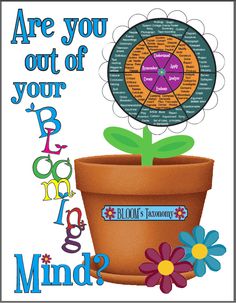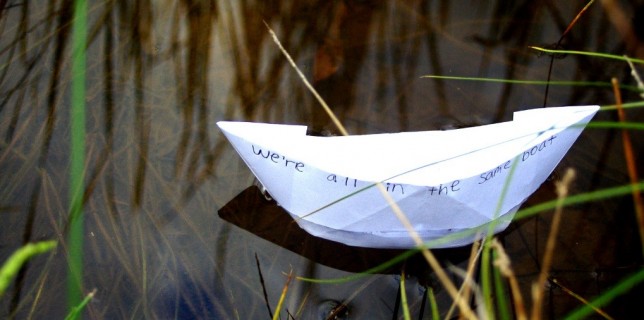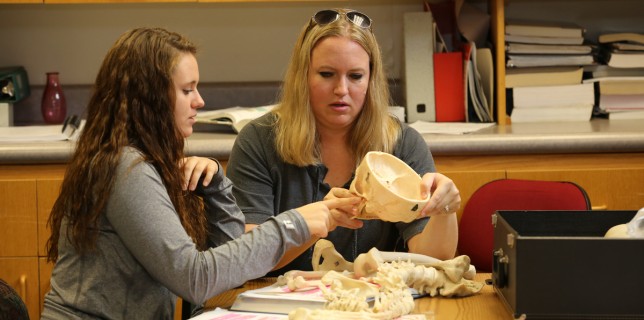Back to Basics: Revisiting Bloom’s Taxonomy

A common challenge in college teaching is keeping course objectives, program outcomes and classroom assessments in alignment. As we construct our assessment instruments, course assignments, and test questions, are we also considering where on the cognitive ladder we are asking our students to think? In 1956, Benjamin Bloom headed a group of educational psychologists who developed a classification of three domains: Cognitive: mental skills (Knowledge), Affective: growth in feelings or emotional areas (Attitude), Psychomotor: manual or physical skills (Skills). Within this cognitive domain, Bloom identified six levels from the simple recall or recognition of facts at the bottom level through increasingly more complex and abstract mental levels to the highest order thinking characterized as evaluation. This representation of the levels of thinking is widely known in education circles as “Bloom’s Taxonomy.” Figure 1 – Original version of Bloom’s Cognitive Taxonomy Bloom found that over 95 % of the test questions students encountered in the classroom require them to think only Continue reading Back to Basics: Revisiting Bloom’s Taxonomy






